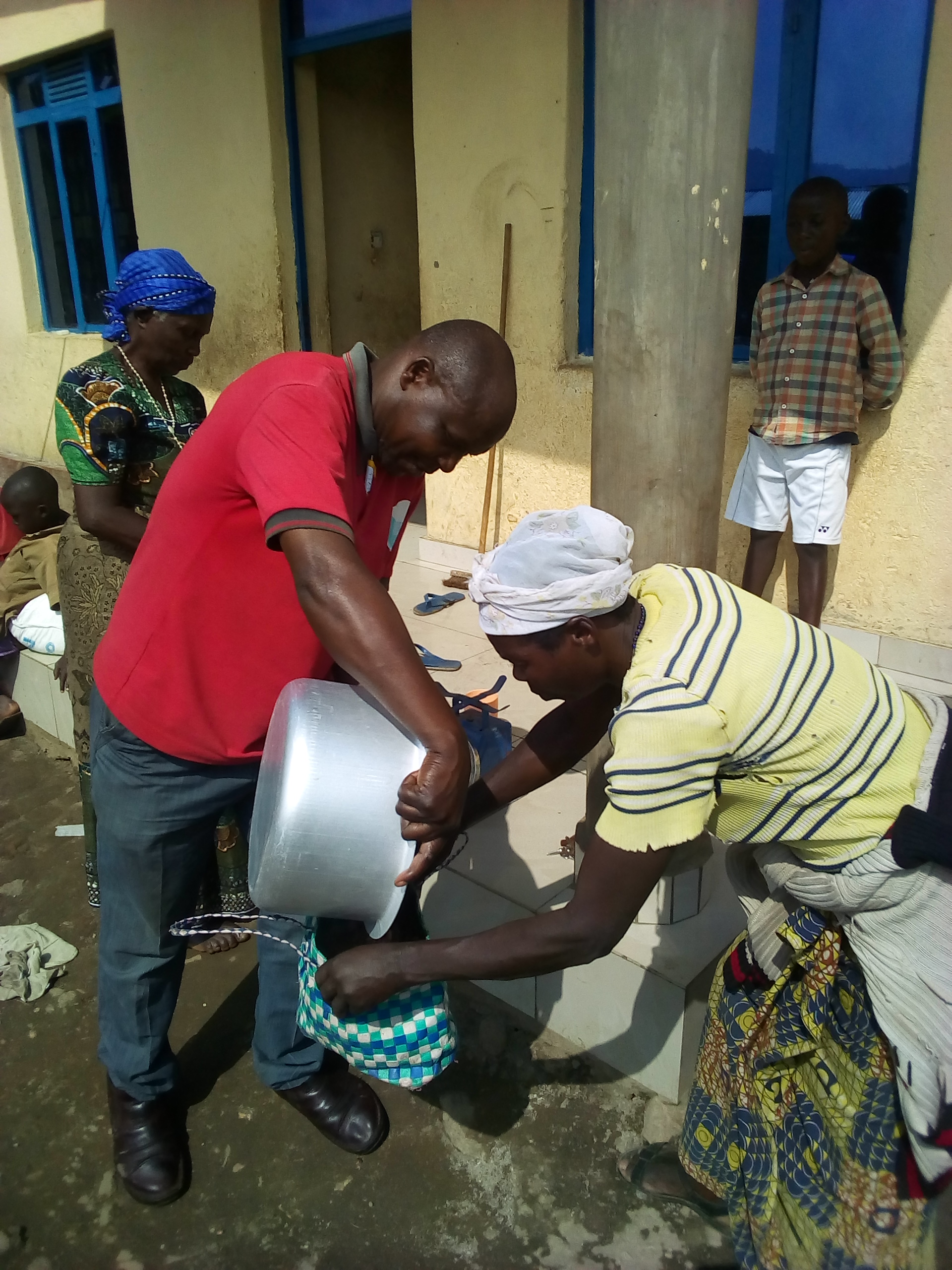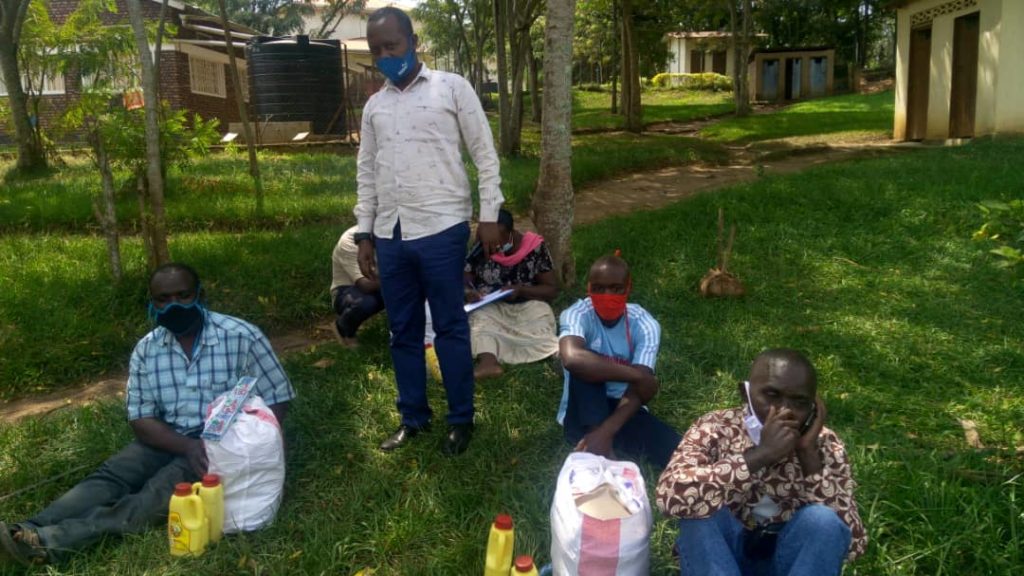After the first positive case of COVID-19 hit on March 8, there was little surprise that our government formed and implemented a robust nationwide response. Our country’s timely reaction is aided by its previous success in combating Ebola from entering its borders in 2019. Rwanda has been and continues to be hit by the impact of coronavirus or COVID-19, the reported cases of coronavirus are mostly imported with only a few local transmission and zero death so far. As a response to the continued increase in the number of cases, our government implemented a nationwide shutdown that took effect midnight March 21.
There were no community infections,resulting in the authorities easing a six week-long lockdown as from May 4, but with a series of tough restrictions.During this shutdown period, the government implemented fixed prices on food goods across the nation. The measure also helped stabilize food prices, which increased over twenty percent across the nation this past year. Alongside the fixed prices, the government also capped the amount of each product an individual can buy each day—producing fears that shortages may emerge in certain parts of the country.
The disease’s countrywide reach and the implication of classic disease controls in the form of quarantine, reduced mobility and isolation have had a dramatic effect on international and domestic tourism alike along with a range of sector specific impacts, including transport, travel and booking agencies, hospitality, restaurants, conventions and event and attractions, all national parks were closed to curb the spread of the pandemic to the iconic mountain gorillas and the chimps which were susceptible to the virus.All education institutions were closed and the government announced that they will recommence their schooling year come September 2020. Covid-19 had a greater impact on our country’s economy, all sectors were affected than any disease outbreak in living memory.

Measures taken to curb the spread of the virus
We in Rwanda have established handwashing stations and ThermoScan thermometer checks for every person entering the country from all border posts.As the COVID-19 cases in Rwanda have increased daily , the government has adopted newer and stricter measures to mitigate the exposure taking into consideration that most cases are imported from neighbouring countries which did not adhere to the measures taken by most governments to curb the spread of the disease., including :
a)Citizens practicing social distancing. All gatherings at places of worship, schools, weddings, and sports events are all banned till further notice.
b)The suspension of all commercial flights to and from Rwanda and indefinite suspension of domestic travel between cities and districts
c)The closing of all non-essential businesses. Only those providing essential services such as medical care, telecommunications, security, and banking will be allowed to move and all need to close as from 15:00hrs to allow all citizens to be at home by 20:00hrs.
d)The encouraging of citizens and legal residents to use mobile money and online banking whenever possible to limit the transfer of paper money.
The country’s security services and decentralized local governments are tasked with ensuring compliance with these orders.
Destination management and tourism recovery post Covid-19
We will need to apply a new perspective on marketing Rwanda as a tourist destination and engage more in community development projects and programs. Tourism and hospitality industry was severely impacted in Rwanda within the first month of responsiveness to the viral disease.We will take the following actions to help adapt to the current situation. We are looking forward to consider the following moves in the days ahead during the post COVID-19 Pandemic:
1)We need to control our finances and adapt our budget to align with immediate decisions to validate strategic priorities impacting the local communities whom we work with for the sustainability of our programs.
2)We will go virtual, as the face-to-face visitor center will be minimal, and we try to stay connected online and encourage our staff to tell the stories of resilience in our communities when we begin to recover from the pandemic.
3) We will encourage our staff to maintain relationships by picking up the phone and ensuring customers that they’re important. Listen and allow them to share their situations and challenges. Reassure them business will eventually resume and destinations will recover, at the same time keeping in mind the utmost safety of all customers and staff.
4)Supporting our stakeholders about the core reason our destination exists. We will stay connected with our international tour operators via social media updates, providing information about healthcare and public safety measures undertaken within our country to curb the Pandemic.
5) We will need to think ahead, and make our services and activities recover and rebuild business volume after the crisis passes by focussing heavily on creating , concerts and festivals not forgetting shifting attitudes toward travel and public gatherings. We will also focus on how we can overcome stigmas created by forced social distancing and formulate strategies that will impact to protect our business and contribute to community development in future incidents.
6)We will make sure that our strategic plans should be malleable by nature and they should be adaptable, while the tactics are rigid and prescriptive. We will make plans to accommodate the immediate needs and divide the weeks and months ahead into manageable time periods, thus organizing our plans to be practical to any crisis which can come our way.
Red Rocks Initiative for sustainable development Organization is an African non-profit organization that supports sustainable development in Africa countries, especially in Virunga massive and Albertan rift valley by engaging in sustainable tourism and community-driven environmental conservation initiatives that are meant to benefit local communities in Africa.







